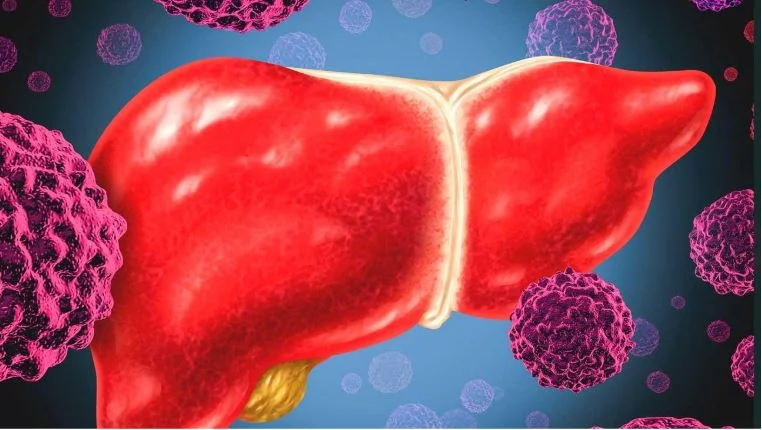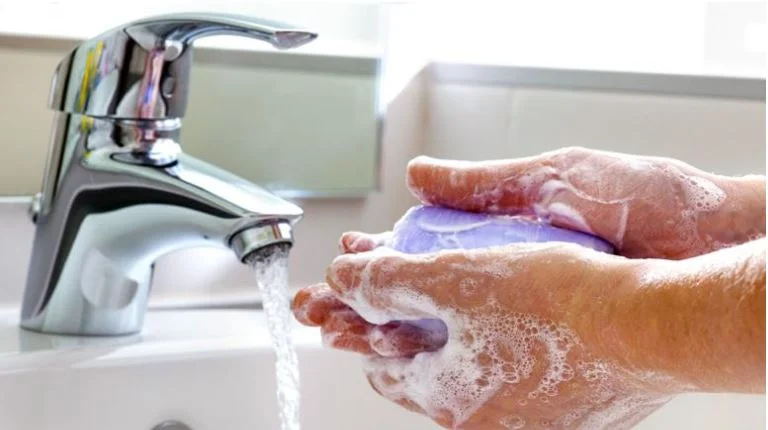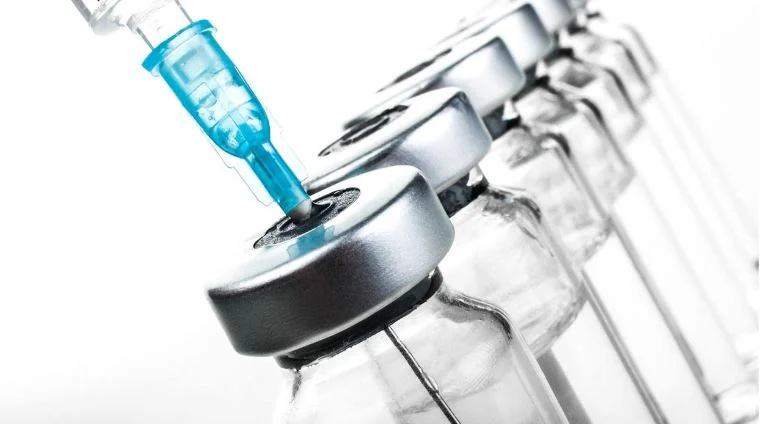Among of the most dangerous virus that spread quickly is hepatitis. Millions of American are living with different forms of hepatitis. Some of them are not even aware of this fact since some types do not show any initial symptoms.
Hepatitis causes the inflammation and irritating of the liver. This organ produces bile which facilitates the digestion process and breaks down nutrients such as carbohydrates and proteins. Your liver also helps you flush out toxins from the body. When it is infected, all these processes are affected.
You can either get hepatitis A, B, C, D or E. Each form has different ways of spreading. We will help you understand how the disease spreads to and tell you how to prevent yourself from it. Read on!
How does hepatitis spread?
Hepatitis can spread through coming into contact with blood or different body fluids that are infected. Others also get the disease through contacting feces that is infected. People who have hepatitis A or E pass contaminated feces. Others get these two forms of hepatitis from taking water or food that is contaminated. Infected blood is the culprit behind the spreading of hepatitis D, and C. Hepatitis B is a sexually transmitted disease.
How can we prevent the spread of hepatitis?
Hand washing
Wash hands after toilet use. Do the same when you handle any bodily fluid of another person to avoid spreading the virus. Do not change diapers or prepare food without cleaning the hands first. Always carry hand sanitizer in Singapore or wherever you live (or are traveling) to keep your hands clean. This can prove to be extremely helpful if you are around contaminated water.
Be careful with water and food
Do you love traveling? Then you must be cautious about what you buy from the streets. It is safer to carry cooked food from home than buying it from unknown sources. Heat food before consuming it and take it while it is still hot.
Dairy products can also spread the virus. Most of us love buying sliced fruits from the stores. You can never be sure of what kind of water has been used to wash the fruits. It could be contaminated. To avoid this, do not buy peeled fruits.
If you love ice cubes in all of your drinks, stay away from them since they may carry the infection. Make use of bottled water that has been carbonated when brushing your teeth. If you doubt the safety of water, boil it first before drinking it to eliminate the risks of hepatitis A. You should not take tap water since the source may not be safe. It is also not advisable to ingest water through swimming or showering.
Vaccination
Every mother should get their child vaccinated from this disease. Adults can also get the vaccine against hepatitis if they have liver disease or work in the military or a nursing home. Get vaccinated against hepatitis when you have to travel.
Some countries report hepatitis outbreaks often. The vaccine, however, does not start working immediately but can take two weeks to begin taking effect. It is therefore advisable to get it at least one month before your journey.
The vaccination against hepatitis A is known to be very strong since one develops a complete immunity against it. Beware that vaccines come with mild side effects such as flu or soreness on the part injected.
Different vaccines exist for the various forms of hepatitis. Vaqta and Havrix are vaccines used to prevent against hepatitis A. Comvax, and Recombivax HB are vaccines used for hepatitis B. Doctors make these vaccines from viruses that are not activated.
You can also get one vaccine known as twinrix which protects you from hepatitis A and B. Unfortunately, hepatitis D and E do not have a vaccine. Doctors use antiviral medications to treat hepatitis C.
Use protection
Make use of condoms during sexual intercourse. Polyurethane and latex condoms are the best form of protection you should use. Doctors report that homosexuals are at high risk of getting the disease. People who maintain multiple sexual partners are also not safe.
Condoms and being faithful to one partner reduce the risks of getting the disease. Hepatitis B can also be transmitted by kissing an infected person. You can avoid getting contaminated through sexual contact by finding out the sexual history of your partner. Take tests together to rule out contagious diseases such as hepatitis or AIDS.
Avoid sharing personal items
You should never share razors, scissors, toothbrushes or needles. This leads to close contact of body fluids and may lead to spreading the infection. Most drug users share needles to inject them directly into their bloodstream. Syringes and needles hold some blood for long even if it may not be visible. One can get hepatitis from small bits of infected blood.
If you have to get a tattoo or a piercing, choose a hygienic facility that sterilizes their items. The facility should be free to show you how they do it to avoid the spread of germs and infections. Needles in such areas should be disposable, and they should use new packages for every customer. Do not share your silverware or glasses with others.
Avoid the use of alcohol and drugs
Doctors report that toxic substances that affect the liver can also cause hepatitis. Drugs and alcohol may lead to liver damage or inflammation. Some medications like Tylenol and herbal supplements affect the liver and can cause hepatitis. Follow proper dosages of such medicines to keep your liver safe from swelling.
Habits such as cocaine abuse and excessive consumption of alcohol can make you get hepatitis and expose you to addiction. Get help and break free from such habits since they are harmful to your body. Reduce the amount you take gradually, so that withdrawal symptoms do not hit you hard.
Final thoughts
Lifestyle precautions and immunization are the best preventive measures against any form of hepatitis. Observe what we have discussed above and keep your liver safe from such conditions. If you suspect that you have been exposed to the virus, seek medical attention immediately to prevent complications.






